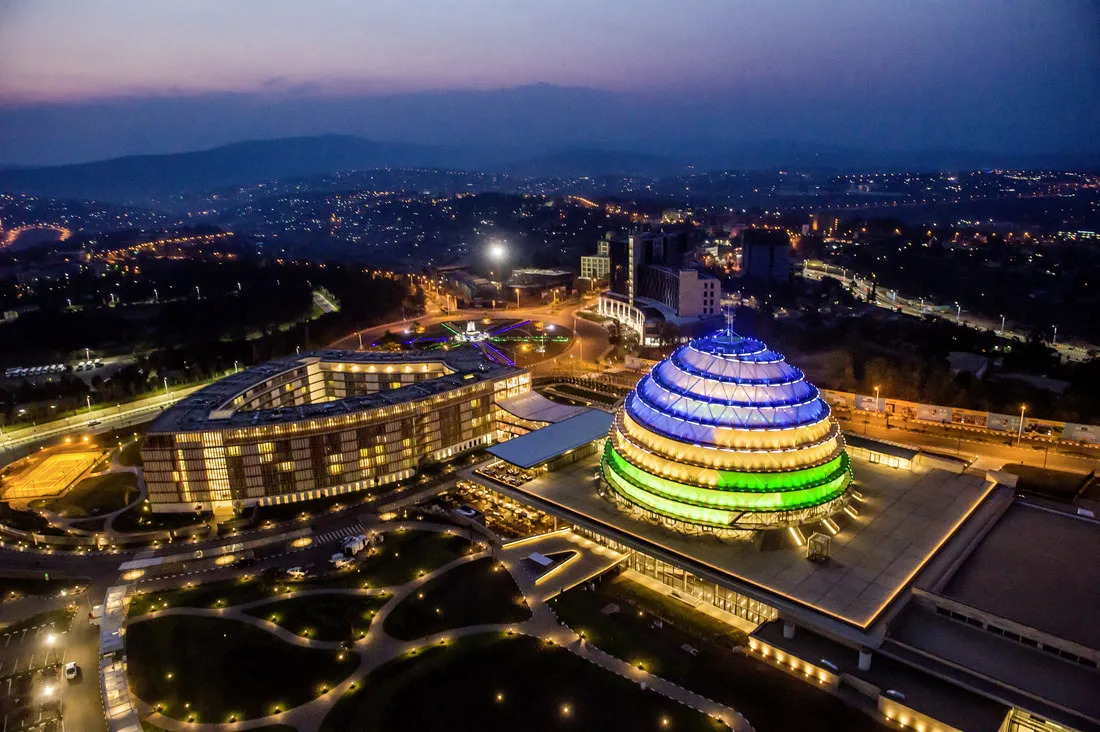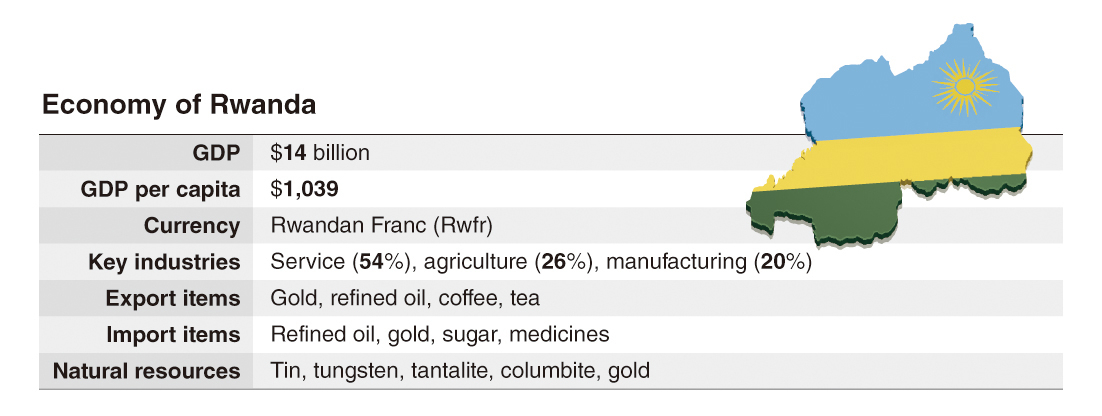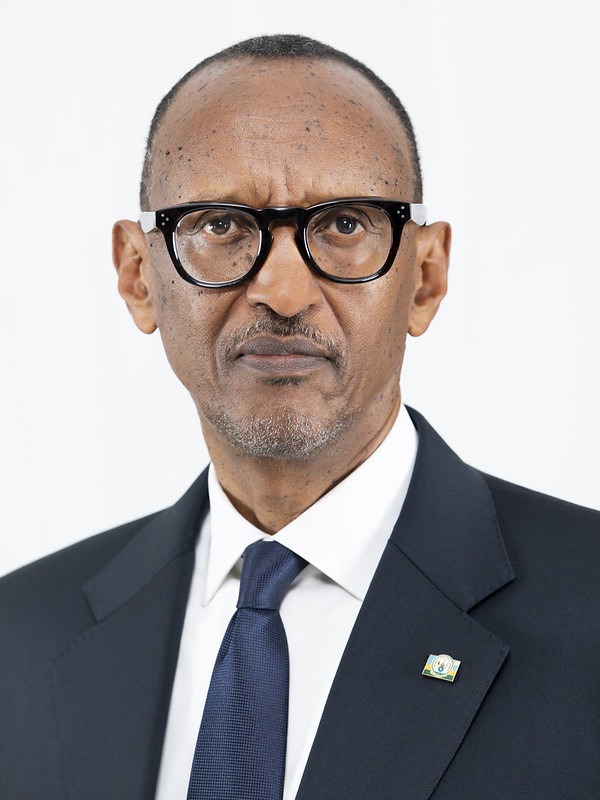Economy
Korean builders bet big on Rwanda’s fast-growing economy
 |
The Kigali Convention Center (Kigali Convention Centre) |
Some liken Rwanda to the “Singapore of Africa” due to its fast-growing economy and strategic focus on fintech. South Korean builders and financial firms are also eyeing their expansion in the burgeoning market, pinning high hopes on the upcoming Korea-Africa summit talks in Seoul.
 |
Since establishing official diplomatic ties in 1963, Korea and Rwanda have continued elevating their economic partnership.
In 2023, Korea’s exports to Rwanda stood at $17.27 million, mainly consisting of pesticides, medicines, cars and steel products, according to the latest data compiled by the Export-Import Bank of Korea (Eximbank). Meanwhile, Rwanda exported tech parts and popular food products such as coffee and tea, worth $2.32 million, to Korea last year.
Korea’s cumulative investments in Rwanda have reached $100 billion. One of the latest cases includes telecom giant KT Corp.’s $8.6 million investment in building optical cables there in 2020. A total of 16 Korean corporations have offices in the African country.
"The agricultural sector makes up 27 percent of the total GDP of Rwanda, which means growth potential for manufacturing and other advanced industries,” according to a recent report by the Korea Trade-Investment Promotion Agency.
"The Rwandan government is working to accelerate industrialization and attract investments for growth and industrial restructuring," it said.
Infrastructure development, among others, is considered one of the promising areas where the Korea-Africa partnership is set to thrive. While diverse development projects are underway to build roads, houses and energy facilities in Rwanda, Korean builders have accumulated related experience and know-how in many developing countries.
 |
Rwanda President Paul Kagame (Government of Rwanda) |
Korea’s government and industrial groups are upping efforts to nurture new opportunities and support Korean businesses.
In April, Korea’s Land Minister Park Sang-woo visited Rwanda as a special envoy for President Yoon Suk Yeol to pave the way for bilateral cooperation in the fields of construction and infrastructure. In January, Lee Eun-jae, CEO of the Korea Finance for Construction, an association representing local construction companies, also met with Rwanda’s Infrastructure Minister Jimmy Gasore to facilitate Korea’s participation in development projects.
Training human resources is another key part of the Korea-Rwanda partnership. Korea’s Eximbank has also been pushing to establish a training center in Rwanda to help nurture development specialists under the Korea Economic Development Cooperation Fund.
Rwandan Ambassador to Korea Bakuramutsa Nkubito Manzi projects more cooperation between the two countries could happen in the coming years.
“Public and private investment will enable Rwanda to become a high-income country by 2050, which is our goal,” Manzi said in an interview with The Korea Herald last month.
He evaluated Rwanda's business environment to be predictable, which would enable Korean investors to take up new business opportunities in the country.
“Rwanda has focused all policy on the business framework,” he said.
"In Rwanda, we aspire to advance collectively and swiftly, acknowledging the wisdom that while going alone may be faster, going together ensures enduring progress," Manzi said.
By Im Eun-byel (silverstar@heraldcorp.com)








